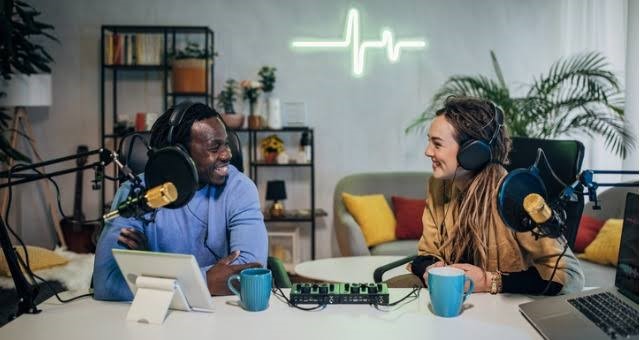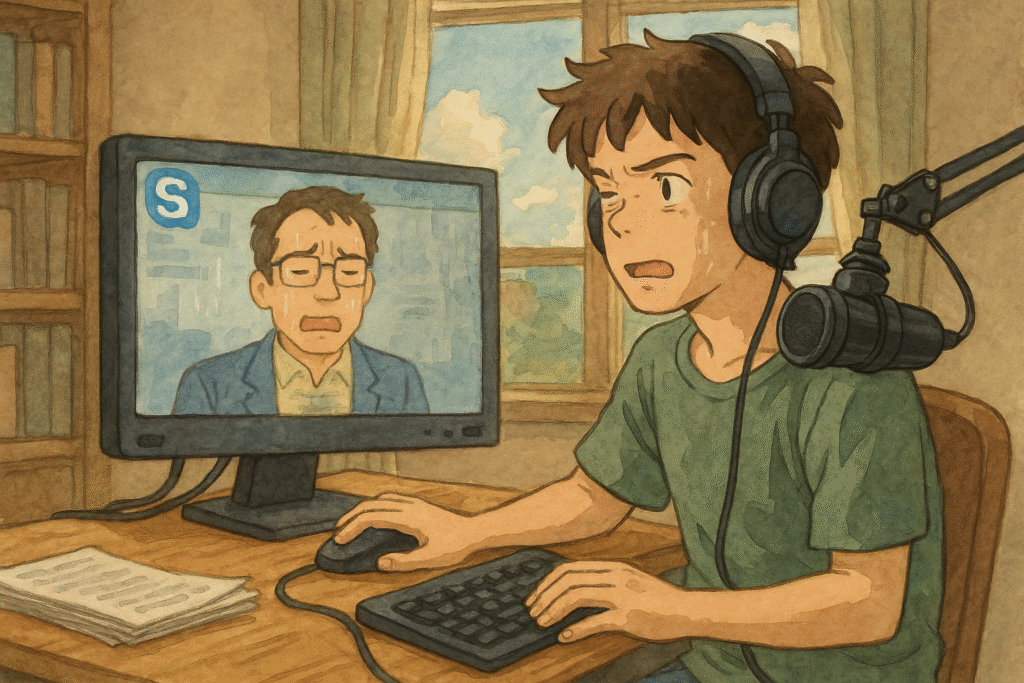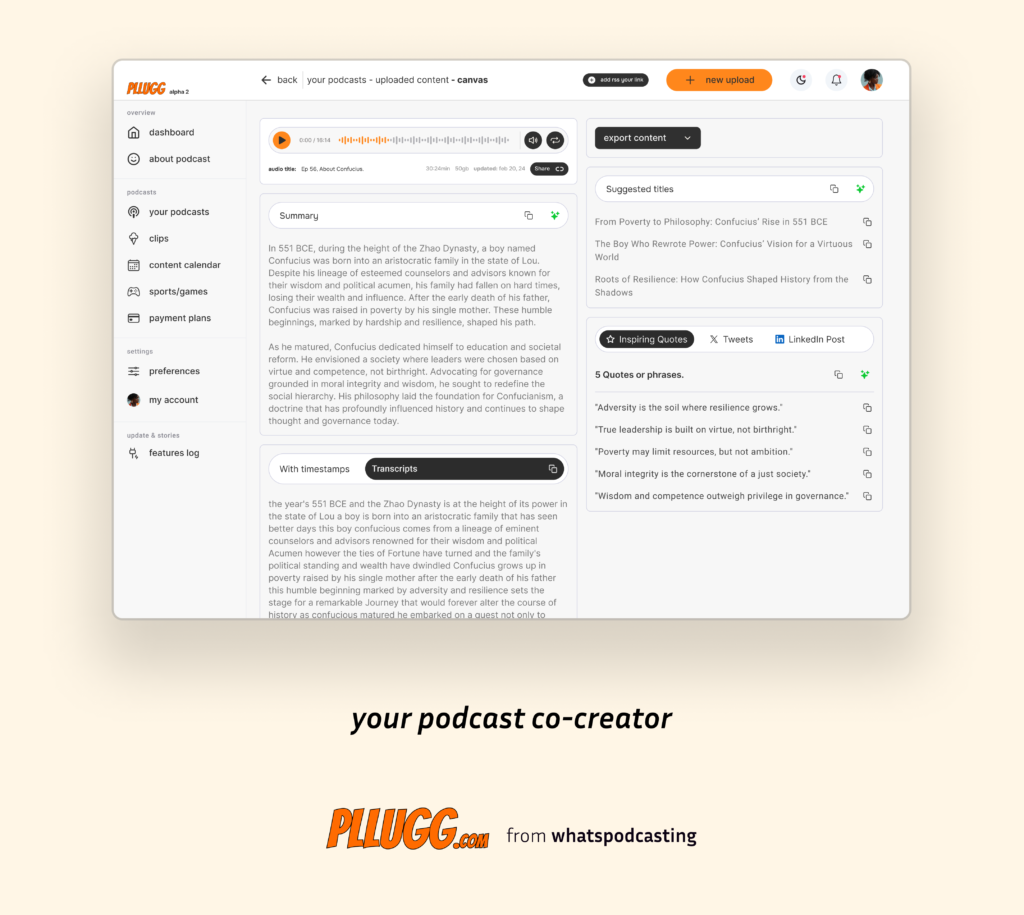Why Your Microphone Fails You in Early Morning Recordings
Morning mic madness got you down? Know the truth behind those awful early morning recordings and learn the simple hacks to transform your audio from trash to treasure.
As a podcaster, nothing is more blissful than waking up early in the morning to record a session. No noisy neighbours, no weird interruptions, and at times when lucky, no calls. Then you press record—boom, your microphone betrays you. Everything begins to go wrong, it is picking sounds that aren’t even in your environment. Or let’s say you are done recording, then you press play, it dawns on you that it was never recording. Maybe you could have just slept right? Let’s fix it.
Intensive Beginner’s Guide to Microphones
Generated from: Faculty Focus
Microphones Are Lowkey Drama Queens
You’re not getting anything wrong, trust me. You might face issues like that; but it definitely isn’t your morning breath. Some microphones react to environmental shifts. It has been in a cool temperature all night, so it might respond differently when exposed to your morning breath (like the temperature change). If you are using a condenser mic, you might come across a problem like this.
Have you ever come across those people whose voices sound deeper and raspier in the morning? This is because when sleeping, your voice is relaxed and this makes your recordings sound different as compared to episodes you record in the afternoon.
Sometimes, change the system you are using to record your episodes, some of them change their settings automatically
That morning when you think the morning is calmer—your microphone tends to pick those little noises like birds chirping, or even the sound of your electronics.
How to Fix Early Morning Microphone Woes
There are no causes without solutions (or is there?) Anyways, this one has solutions. When you wake up in the morning, don’t immediately put your morning breath on your microphone (even you, you don’t like it); exercise your voice before pressing the record. Try humming songs, you can even take water to soothe your throat. Your microphone also needs time to warm up just like you.
Don’t start recording only to start sounding like ASMR gone wrong. Try tweaking your EQ settings to fit into your morning voice. You can also try putting foams on your microphones, this also helps.
Record in a room with soft furnishings. You can even use high-pass filters to remove low-frequency hums (yes, that air conditioner). Make life easier for yourself; use post production tools to help clean up minor disturbances.
With all of these solutions, inconsistencies are still unavoidable. That’s where Pllugg helps. Pllugg is a tool that helps clean up your vocal inconsistencies to make it smoother: removes unwanted noises, helps you find a balance. It is simply recording without having to worry about background noises because there is a tool that helps you do all that while you get back to your sleep at once.
Pllugg makes sure your final audio is clean, professional, and consistent—even if you recorded it at 4 AM.
You always have a lot to say in the morning because that’s when your brain hasn’t overworked itself yet, but your mic is acting up. Just do pllugg to make your experience better.
Microphone Technique for podcasters
Frequently Asked Questions
Q: Does the type of mic I use affect my morning recordings?
A: Yes! Dynamic mics handle background noise better, while condenser mics are more sensitive to voice and room changes.
Q: What’s the best mic for early morning podcasting?
A: A dynamic mic (like the Shure SM7B or Rode PodMic) is great for morning recordings since it picks up less room noise.
Q: Can Pllugg fix my inconsistent morning audio?
A: Yes! Pllugg’s audio optimization tools remove background noise, smooth out inconsistencies, and balance your voice for a studio-quality sound—without you stressing over mic settings.



